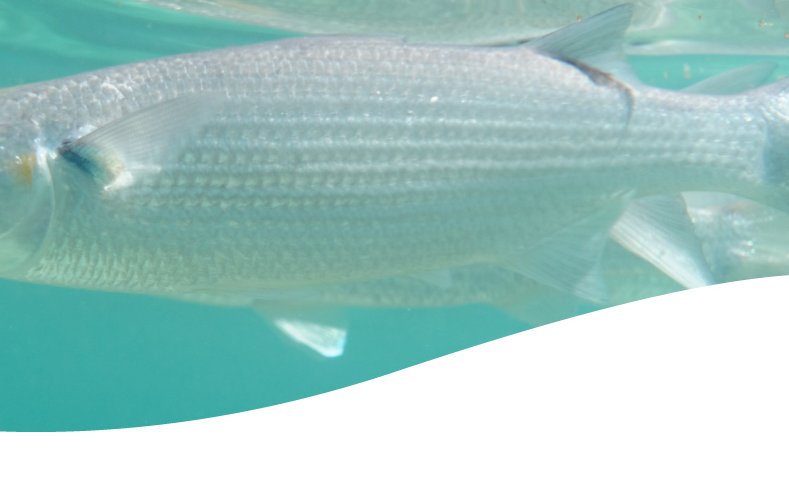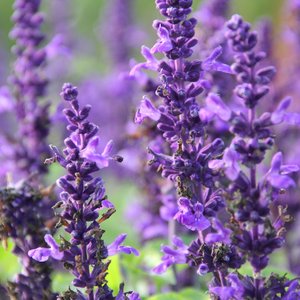The Mugilidae family includes different fish species, namely, Chelon labrosus, Liza aurata, L. ramada, L. saliens and Mugil cephalus (L. capitán) which are of interest to the world of aquaculture because of their ability to adapt to coastal euryhaline environments and their low nutrient requirements. Additionally, they are omnivorous fish while juveniles and evolve into herbivores as adults. In fact, M. cephalus was recently considered a species of great interest for the diversification of the European aquaculture (it was part of the Diversify European project).
Mugil species are mainly produced in Egypt; Italy, Spain and Israel are other known producing countries. The majority of the fries used are collected in the wild, especially in the eastern and southern Mediterranean, Saudi Arabia, the Gulf and Southeast Asian states. Then, mugil is generally grown semi-intensively in polyculture ponds that may include carp, tilapia, and European seabass. As detritivorous fish in nature, mugil are excellent improvers of water quality in land ponds and coastal lagoons of European Mediterranean countries, enhancing sediment quality and preventing oxygen depletion.
Mugil aquaculture provides not only sustainable and affordable high-quality protein as whole fish and fillets, but also fish roe (bottarga), a high value product, whose market is expanding around the Mediterranean.
AQUASOJA has available in its product portfolio a dietary solution for mugil growers with a crude protein/crude fat of 28:8. Given its herbivore behavior in the adult phase, mugil feed is rich in vegetable ingredients and also includes a good percentage of animal protein arising from fish meal and from poultry co-products. This feed is presented as floating pellet due to the surface eating behavior of this group of species.













